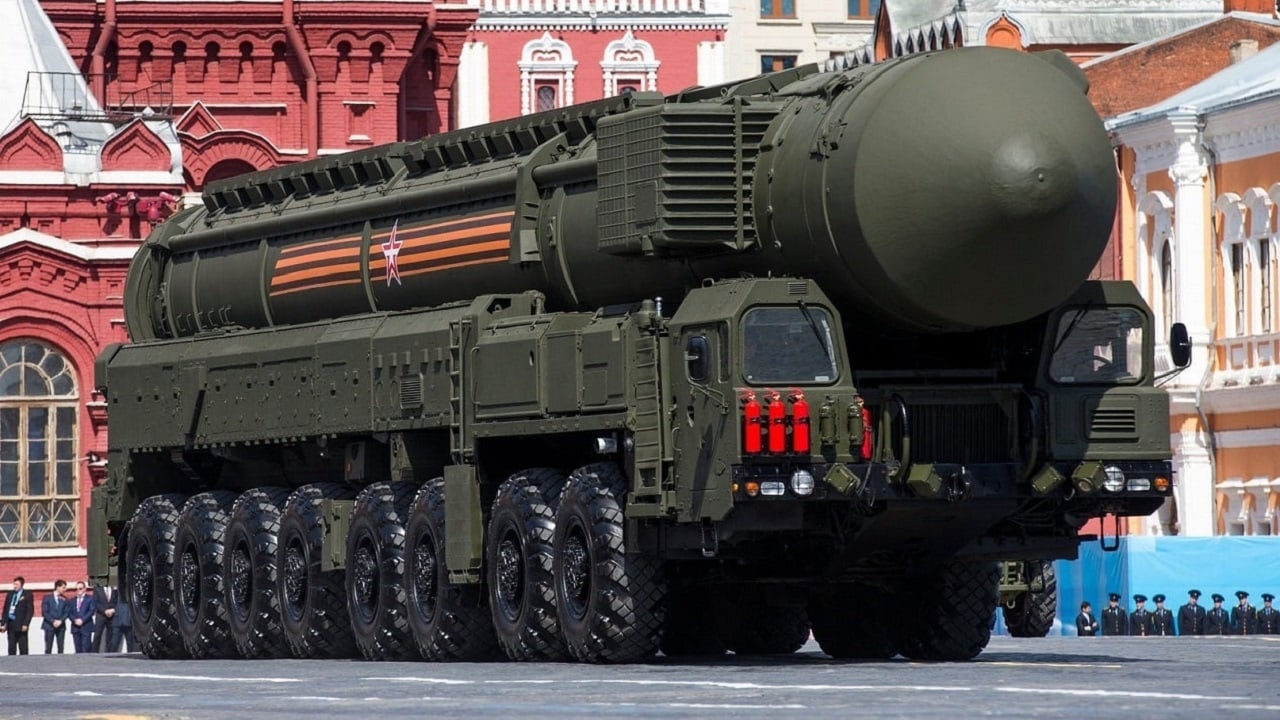U.S. Claims Russia Is Delaying Nuclear Arms Reduction Talks – The United States Department of State confirmed on Monday that Russia “unilaterally” postponed negotiations about a nuclear arms control agreement that was due to begin on Tuesday in Egypt.
A spokesperson from the department revealed that Russia decided to cancel the discussions, meaning that the implementation of the New START Treaty – which is the only agreement that currently regulates the two biggest nuclear arsenals in the world – will once again be delayed.
New START or No Start?
In a statement, the State Department spokesperson claimed that the Russians informed the United States of their decision to postpone the discussions and said that they would be back in touch with new dates to start the discussions.
No reason was given by the Russian side for the decision, the State Department official said, and the decision was reportedly made within the last few days.
Russia’s Foreign Ministry confirmed that the discussions will not be taking place on the originally scheduled date, but did say that they expect them to begin in the future.
“The session of the Bilateral Consultative Commission on the Russian-American START Treaty, previously scheduled in Cairo (November 29 – December 6), will not take place on the dates indicated. The event has been postponed to a later date,” a statement from the Russian Ministry reads.
Does This Matter?
The New START Treaty is an agreement between the United States and the Russian Federation that puts limits on the number of deployed intercontinental ballistic missiles and nuclear warheads that each party can have at any one time.
The agreement came into effect in February 2011 and was last extended in early 2021 for an additional five years.
It means that the agreement remains in place until then. However, discussions remain ongoing to ensure that both sides continue to comply with the rules, and to ensure that the agreement remains in place beyond 2026.
The sudden decision to postpone the discussions, therefore, could be more political than anything.
In early November, the Russian Foreign Ministry website published a statement stressing the Russian government’s commitment to avoiding a nuclear conflict.
The statement came after weeks of nuclear saber-rattling from Moscow that ultimately saw the Russian president confronted by the leaders of India and China over the escalating conflict in Ukraine and with Western countries.
The decision to postpone these talks, therefore, could be an effort by the Kremlin to remind Western leaders of the size of its nuclear arsenal, and the willingness of the Russian government to end nuclear regulation talks entirely.
Presumably, the Russian president knows that much of the rest of the world doesn’t take everything Kremlin officials say at face value, so the decision to delay talks may be a way of keeping the threat of nuclear conflict on the table without actually saying it.
Jack Buckby is 19FortyFive’s Breaking News Editor.

